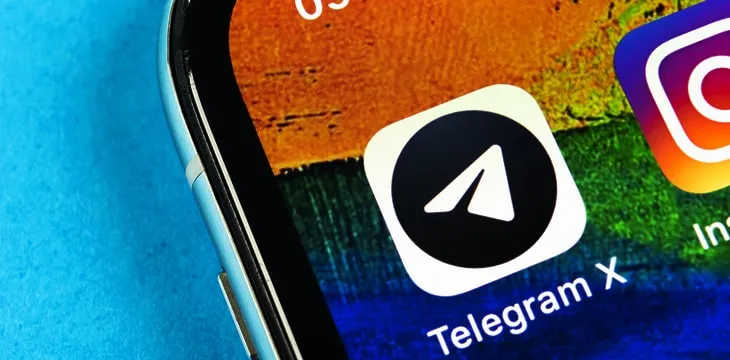|
Getting your Trinity Audio player ready...
|
Pavel Durov has just announced that Telegram’s blockchain project—TON—is officially over.
“I am writing this post to officially announce that Telegram’s active involvement with TON is over,” the Telegram founder confirmed in a recent post on the official Telegram Channel.
“Unfortunately, a U.S. court stopped TON from happening. How? Imagine that several people put their money together to build a gold mine – and to later split the gold that comes out of it. Then a judge comes and tells the mine builders: “Many people invested in the gold mine because they were looking for profits. And they didn’t want that gold for themselves, they wanted to sell it to other people. Because of this, you are not allowed to give them the gold.”
Durov blames the United States government for bringing an end to the TON project that planned to distribute a digital currency called ‘Gram’ tokens to its investors. From what Durov alludes to in his gold mine/gold anecdote above, it appears as though the U.S. government stopped Telegram from launching their blockchain because they believed it was an illegal and unregistered securities sale.
SEC vs. Telegram
Although it is news that the Ton project is officially over, it’s safe to say we saw this one coming. The U.S. Securities and Exchange Commission (SEC) sued Telegram back in October 2019 because they said Telegram had committed an “ongoing illegal offering of digital-asset securities called Grams.” The securities regulator sought to bring an end to Telegram’s token sale, which already netted the company $1.7 billion.
At first, Telegram tried to come up with multiple solutions while fighting their legal battle, such as postponing the release date of the TON blockchain and offering American investors a way out of the project, but all of these efforts fell flat.
Does US have too much power?
Although Telegram’s Gram sale was clearly an ICO and most likely, an illegal securities sale, Durov did make an interesting point in his post that announced the end of the TON.
“The U.S. court declared that Grams couldn’t be distributed not only in the United States but globally. Why? Because, it said, a U.S. citizen might find some way of accessing the TON platform after it launched. So, to prevent this, Grams shouldn’t be allowed to be distributed anywhere in the world—even if every other country on the planet seemed to be perfectly fine with TON…this court decision implies that other countries don’t have the sovereignty to decide what is good and what is bad for their own citizens.”
It’s safe to say that America has one of the best legal landscapes and most advanced financial markets as well as protections for investors in the world. The SEC made the right decision by halting the sale of Gram tokens and the TON blockchain in the United States, but does it really make sense to prevent other countries from owning Grams or using TON?

 07-09-2025
07-09-2025 





